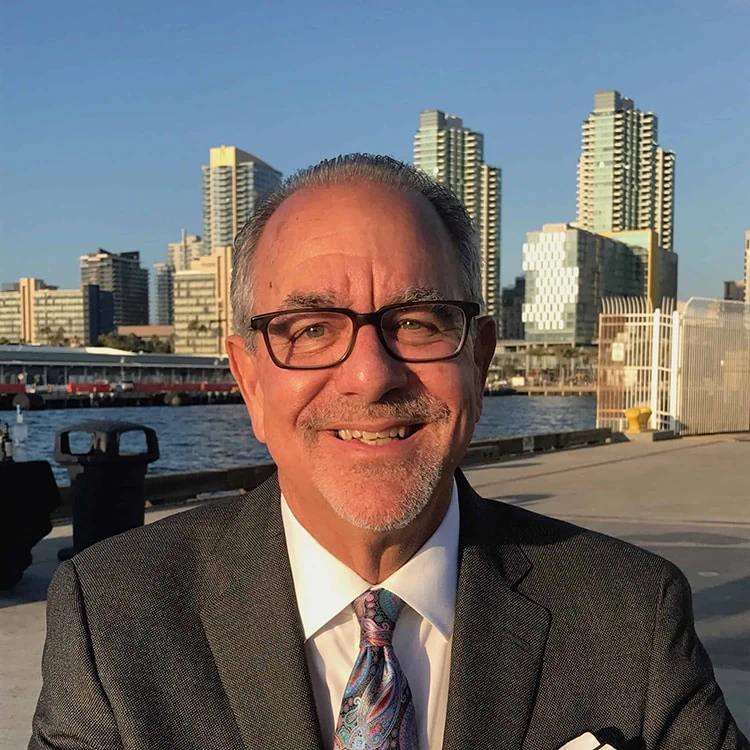
Which Type of Drug Rehab is Right for You?
There are several types of treatment available to those dealing with substance use disorder. It doesn’t always have to be the inpatient rehab you see on TV and in movies like 28 Days. In fact, a recent article by a local NBC network lists the most common types of drug treatment care in the United States.
Below you’ll find a summary of the different types of drug rehab from which you or a loved one can choose.
● Inpatient treatment (hospital)
Six hundred fifty-eight facilities in the U.S. offer hospital inpatient treatment to drug addicts. This type of treatment requires you to stay in the hospital, under the care of a medical team, for a set number of days. It’s also the most expensive type of care for those with SUD.
● Inpatient treatment (non-hospital)
Two thousand nine hundred seventy-two facilities offer long-term residential care, which means agreeing to 24/7 care for what could be several months. The longer you stay in a residential facility, the greater your chances of making a full recovery. However, it’s simply not possible for some people.
Short-term residential care offers the same services for a shorter period.
● Detox care
Detox care can be performed in a few ways, including hospital, non-hospital, and outpatient. Hospital-assisted detox is offered at 784 facilities in the country. Again, it’s one of the more expensive routes to take, as detox overseen by hospital staff can cost up to $650 per day.
Detox in a non-hospital setting is often more realistic for those who don’t need intensive detox assistance. Non-hospital detox may occur in a separate facility or at home, but it’s still structured and overseen by medical professionals.
Outpatient detox care is the most common form of detox due to its flexibility and affordability.
● Day treatment
More than 2,000 facilities offer day treatment programs for SUD. This type of treatment is structured and takes place in a hospital setting, but it doesn’t require 24/7 care.
● Medication-assisted recovery
Methadone treatment is common for those recovering from opioid addiction. It helps with cravings as well as the shock to the system that can come with suddenly depriving your body of such a powerful substance. It is one of the most popular treatment options.
● Outpatient care
Outpatient care remains the most popular type of rehab among those dealing with SUD. It is also the most readily available, with more than 7,000 facilities offering this therapy method across the country. Intensive outpatient care comes with more supervision, while basic outpatient care consists of counseling, meetings, and mindfulness practices.
Keep Your Recovery Confidential
Scott Silverman founded Confidential Recovery to help addicts and their loved ones navigate the road to recovery. Since each journey is unique, the facility provides several different kinds of outpatient care, including counseling, telecare, specialized care for veterans, group meetings, mindfulness practice, and more. If you feel inpatient care is the right choice for you, our trained counselors can help you find a resource that suits your needs.
As the name implies, all conversations and treatments take place in a nondescript building and are completely confidential.
Call Confidential Recovery at (619) 452–1200 or reach out to Scott personally by calling 619-993-2738.
(c) 2022 Scott H Silverman. All Rights Reserved.
Categories
Addiction News Confidential Recovery News
